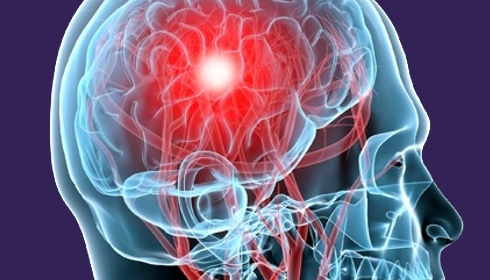
Increased activity and returning early to school can aid adolescents in concussion recovery: Researchers
A recent study by Nationwide Children's Hospital reveals that certain activities may speed up the recovery of adolescents with concussions, according to a study published in the British Journal of Sports Medicine.
The main author, Jingzhen Ginger Yang, PhD, MPH, from the Centre for Injury Research and Policy at Nationwide Children's, highlighted the importance of the type of activity that is being undertaken during the recovery process. According to Dr. Yang, spending more time in the classroom, participating in after-school activities or working a job is associated with faster recovery from symptoms, particularly for individuals who have lower post-acute symptom scores. However, engaging in activities that involve significant screen time, such as internet surfing or video gaming during the first week after injury, is linked to slower symptom resolution.
According to the authors, this study challenges previous guidelines that recommend complete physical and mental rest, as prolonged isolation may have unintended consequences for physical, social, and educational aspects.
Co-author Thomas Pommering, DO, director of concussion clinics at Nationwide Children's Division of Sports Medicine, emphasizes the importance of a balanced approach. Children and teens should be encouraged to get back to their routines and take part in activities such as clubs, jobs, and homework after experiencing a concussion. However, it is important to keep in mind that prolonged screen time in non-school activities can affect recovery.
The study recommends adolescents with concussions cautiously reintroduce cognitive activities early on, with a focus on school demands. The average time for children to return to school after a concussion was found to be almost one week, and symptoms resolved more slowly when the return to school was delayed. Club activities were associated with faster symptom resolution.
Co-author James MacDonald, MD, MPH, a sports medicine physician at Nationwide Children’s, highlighted the need for a nuanced approach. "Having a better understanding of the appropriate 'dosing' and timing of introducing cognitive activity is critically needed for our patients," said Dr. MacDonald. "Increased engagement in the classroom during the first-week post-concussion can mean symptoms resolve faster, especially for youth with lower post-concussion symptom scores."
The study provides crucial insights for families dealing with adolescent concussions, emphasising the potential benefits of moderate to high-intensity cognitive activities in the first week post-injury, the careful management of screen time, and the importance of an early return to school based on injury severity and recovery milestones.